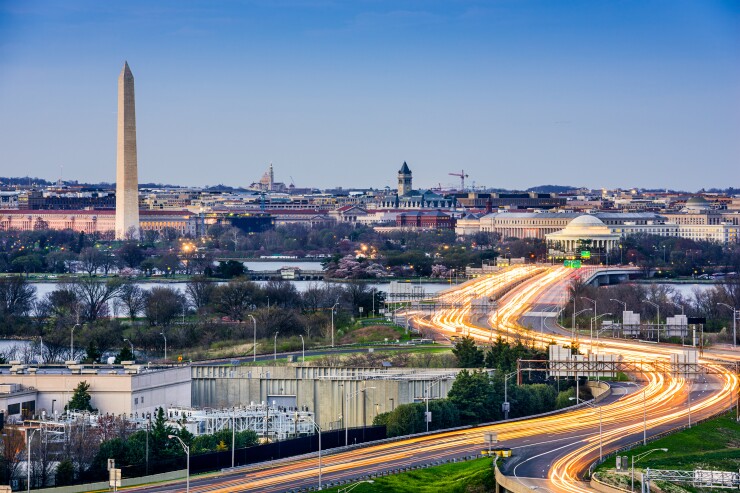The merchant lobby and regulators seeking to reduce card-acceptance costs framed the terms of the interchange debate, focusing narrowly on merchants’ costs.
They’ve made slow but seemingly inexorable headway in courts, legislatures, and regulatory agencies imposing public-utility models rather than markets to set interchange. There are signs, however, that may be starting to change.
In a momentous ruling February 19, 2015 The Second Circuit of the U.S. Court of Appeals

In the U.K., the Competition Appeal Tribunal July 14, 2016 in Sainsbury’s versus MasterCard, the ruling stated interchange should be set in the market, albeit by bilateral agreements between issuing and acquiring banks rather than networks. The ruling took a holistic view, recognizing MasterCard used interchange to “balance the competing interests of Issuing Banks/Cardholders and Acquiring Banks/Merchants” and to stay competitive with other networks.
The judge in the U.K. case was scathingly critical of the European Commission’s merchant-centric “Tourist Test,” which Brussels regulatory overlords embraced to provide a fig leaf of gravitas for price controls they were bent on imposing.
The theory contends the optimal card-acceptance fee is where merchants are indifferent between accepting cash and card payments from one-time customers. The U.K. ruling declared “it looks (and even then in an odd and indefensible way) to only one market, the acquiring market. It ignored” it’s “a price in more than one market,” focused “only on transaction savings,” and is “far divorced from commercial realities.”
In January this year the
And, at long last there’s a possibility interchange price controls will be rolled back. House Financial Services Chairman Jeb Hensarling’s
With no Democrats voting yes, the Financial Choice Act 2.0 could clear the House. Republican Senate leader Mitch McConnell however, will need to get 8 Democrat senators on board. For the whole enchilada that will be tough. But piecemeal dismantlement of Dodd-Frank could attract bipartisan backing.
Repealing the Durbin Amendment in particular could attract Democrats, albeit while likely losing a few Republicans. In 2011 13 Democratic Senators voted for the Debit Interchange Fee Study Act, which was a marker for senators not whole-heartedly behind Durbin’s price controls.
Milton Friedman said “One of the great mistakes is to judge policies and programs by their intentions rather than their results.” Interchange price controls’ results have been decidedly anti-consumer.
In 2003 the Reserve Bank of Australia reduced credit-card interchange by approximately 50%. In response
Following the EU’s 2015 interchange caps
The 2010 Durbin Amendment taking effect in 2011 was a watershed, reducing free checking, debit rewards, and consumers’ propensity to use debit rather than credit. Bankrate.com’s
Merchants argue interchange reductions are passed on to consumers in lower prices. Maybe. However, a Richmond Fed study surveying 420 merchants estimated
Regardless, no one can gainsay ferocious credit-card-issuer competition offering a smorgasbord of rewards to win cardholders and pride of place in their leather and digital wallets, is ferocious and passes on benefits to cardholders.
Cardholders vote every day in the market using their credit and debit cards. They didn’t, however, have a seat at the table when the RBA, EU and U.S. Congress imposed interchange price controls.
The merchant lobby is four-square for the free market, until it’s not. But to consummate a commercial transaction both parties have to think they profit. If accepting payment cards is a terrible value why has merchant acceptance mushroomed? The Philadelphia Fed’s Susan Herbst-Murphy notes “
Letting the interplay of economic actors competing in the free market dynamically set prices, rather than politicians and regulators no matter how clever or well-intentioned, is the best way of maximizing payment-system value and consumer satisfaction.





